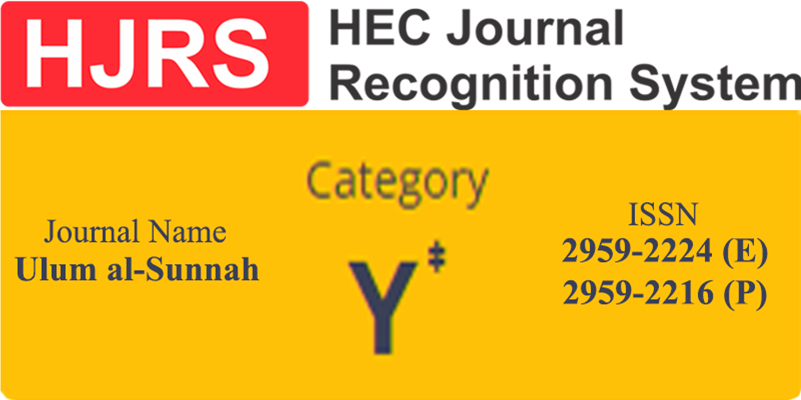Analytical Study of “Welfare-Oriented Islamic Democratic state” In Context of “Rîasāt e Mādîna”.
Keywords:
Riasat e Madina, shura, Ijtihad, Social Justice, Welfare stateAbstract
This research article explores that Islamic democracy offers an essential and convincing model for contemporary governance by examining the core principles of Islamic governance, such as Qur’ānic principals, Hadith, shurā, justice, accountability, fairness, welfare for all, austerity of rulers & elites, etc. The study shows that these principles are well-matched with democratic values and provide solutions to contemporary challenges also. The study investigates the historical background of Islamic governance in early Islamic society.
Furthermore, the study shows the concept of ijtih’ād as a mechanism for adapting Islamic principles to modern realities. It analyzes the potential of Islamic governance to address issues such as corruption, inequality, social justice, Debauchery, moral depravity, Problems in International Relations and many other challenges by offering a framework that prioritizes the public good and balances individual rights with collective responsibilities.
The research also explores the human rights which are given in the Quran and Sūnnah and its implementation in Riasat e Madina, the Era of Holy Prophet and Khil,āfat e R,āshida. In this article, there has been reviewed and analysis the laws of contemporary Muslim countries who use the word of Islamic democratic or Islamic Republic in there official names and shows the Islamic governance in presents and past Era.
Downloads
Published
How to Cite
Issue
Section
License
Copyright (c) 2024 Muhammad Tahir Akbar M. T. Tair

This work is licensed under a Creative Commons Attribution-NonCommercial 4.0 International License.
This is an open-access journal which means that all content is freely available without charge to the user or his/her institution. Users are allowed to read, download, copy, distribute, print, search, or link to the full texts of the articles, or use them for any other lawful purpose, without asking prior permission from the publisher or the author. All articles are available on the internet to all users immediately upon publication. Non-commercial use and distribution in any medium are permitted, provided the author and the journal are properly credited.










 Research Journal Indexed by Google Scholar
Research Journal Indexed by Google Scholar